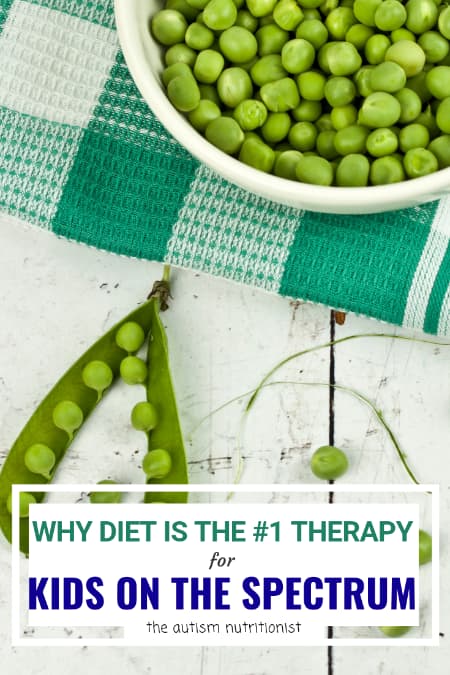
My husband has assumed the role of plant waterer in our home. Which means that just when the plants begin to look really droopy and sad he carries them all over to the kitchen sink for a group watering. He calls me over afterward amazed absolutely every time – every time! – at how the plants perk up looking brighter and happier than ever in just mere hours. That’s all because they were thirsty and got a bit of water! Something so simple (yet so vital) creates a complete plan transformation
It’s a lesson I know and truly believe, yet never seem to learn. Time and time I again I find myself overcome by hanger after neglecting my grumbling stomach for too long. We’ve all been there. I’m sure your kids are there are nearly a daily basis! There’s something about being that hungry that leaves us feeling so depleted and dysfunctional. Again, the solution is remarkably simple. Just a little bit of nourishment is a complete game changer.
These examples are the most basic and simplified reminders that food is a powerful thing. Proper nutrition has the ability to elevate, energize, optimize. Inadequate food and water leave us feeling listless and droopy. That’s as true for humans as it is for plants, but I believe it’s even more important for individuals who are wired differently.
Eating and autism
Let’s start with the facts. Research shows that up to 50% of children on the spectrum exhibit selective eating, food refusal, and/or limited food acceptance [1]. While picky eating is common to children as a whole, children with an autism diagnosis are more likely to exhibit these behaviors at a very young age, display them more frequently, and are also more likely to experience multiple behaviors concurrently [2].
Children with autism and especially those that also experience sensory processing disorder tend to prefer foods that are higher in carbohydrates, which typically do not provide a diversity of vitamins, minerals, and other nutrients. Additionally, many children on the spectrum also adhere to a special restrictive diet (like gluten-, casein- and/or soy-free), which further limits the diversity of nutrient consumption.
For these reasons, it’s not surprising that children on the spectrum are found to be at a higher risk of inadequate intake of vitamins and minerals including calcium, zinc, vitamin D, and vitamin B12 compared to neurotypical children [3]. In fact, seven children with developmental disorders were diagnosed with scurvy (vitamin C deficiency) at Boston Children’s Hospital in the past 5 years [4].
What this means for your child
Remember my sad, thirsty plants? And the hunger-induced meltdowns that your children, likely you, and definitely I, fall victim to on the regular? Not getting what we need from food impacts our energy, mood, behavior, and ability to think clearly and feel well.
Proper nourishment is vital for human and plant. I imagine nutrition is extra important for children on the spectrum who tend to face challenges controlling attention and behavior at baseline. What extra strain could receiving incomplete nutrition add? What possible advantages, enhancements, and improvements could a balanced, healthy, adequate diet provide?
In my mind, food is an easier more sustainable solution that medication. It’s up there in value with your child’s other therapies. The advantage is that diet is something we can control. It’s a pretty simple solution. Can you imagine if it really were that easy?
Research on the correlation between autism and diet is scarce and inconclusive. It’s difficult to assess nutrition interventions and, as autism is a spectrum disorder, we can’t expect every child to have a uniform response. However there are countless parents who will tell you: diet makes a difference.
What you can do
You can start by trying to optimize your child’s diet by including more whole foods including fruits and vegetables. If you have a selective eater with challenges at mealtimes, start working on your own or with professionals towards improvement. Try starting with some of my favorite resources on my Recommended Reading page.
Let’s quick review
Children on the spectrum are more likely than their non-ASD peers to experience selective eating, food refusal, and/or limited food acceptance and are at a greater risk for poor nutrient intake.
Suboptimal nutritional status could affect ASD symptoms and could be holding your child back.
Many children on the spectrum see improvements in behavior and ASD symptoms when receiving therapy for diet and eating behaviors.



Awesome thanks for sharing